Dr. Sue Johnson’s Emotionally Focused Individual Therapy (EFIT) – SUSAN JOHNSON (Digital Seminar)
Description:
Finally, there is a map offered to us by attachment science to work in an organic, on-target way to help clients with trauma, anxiety, and depression.
To that map, add the wisdom of 30 years of clinical experience and outcome studies on Emotionally Focused Therapy and you have the right way to tune into clients’ emotions and help them shift from numbing or agitation into emotional balance and the ability to trust the self and engage fully with others.
Known for her ground-breaking intervention – Emotionally Focused Couple Therapy—Dr. Sue Johnson will show you the set of proven interventions to shape transformational emotional moments for your individual clients in every session.
Emotionally Focused Individual Therapy (EFIT) will transform your clinical work by giving you:
- A structured, on-target, effective roadmap for helping clients
- Resolution for clients’ depression, anxiety, and posttraumatic stress
- A more integrated coherent sense of self
EFT takes you to the heart of the matter in just 5 clear macro-interventions. The goal is not to simply modify symptoms, but to grow people into full, flexible aliveness.
You will finish with your own blueprint for EFT that you can use across modalities – with a single client, with a distressed couple or with a family in crisis. This recording will leave you feeling re-energized knowing your new skills will set your clients on a sure path to healing.
Outline:
Attachment Science in Individual Psychotherapy
- Seeing the self from a developmental attachment viewpoint
- The 10 principles of attachment science
- The attachment view of emotional disorders
- What attachment tells us about the essence of in-session change that lasts
Emotionally Focused Therapy for Emotional Disorders – EFIT
- Foundational Stages of EFT
- Stabilization
- Restructuring
- Consolidation
- The organic model of change and change events – working with vulnerability
The EFIT Process-Oriented Assessment
- A non-pathologizing attachment perspective on emotional disorders
- Using EFIT to work with core features of anxiety and depression
- The process of first sessions – building a safe-haven alliance
The Core EFT Macro Interventions – the EFT “Tango”
- Mirroring/reflecting present process
- Negative Cycles of Coping
- Affect assembly and deepening
- Choreographing engaged encounters with self and others
- Processing these choreographed dramas to create emotional balance
- Integrating and validating new experience
- The Tango across stages of change
Summary of Micro Interventions – Experiential and Systemic
- In-session video and discussion of sessions
- Play and Practice – the elements of the Tango
Attachment Science and the Practice of Psychotherapy – Across Modalities
- Growing into and applying the EFIT model in your practice
- Limitations, risks, and areas for further research
NLP online course
So what is NLP?
Firstly, NLP stands for Neuro-Linguistic Programming. Secondly neuro refers to your neurology;
Thirdly linguistic refers to language however, programming refers to how that neural language functions.
As a result,In other words, learning NLP is like learning the language of your own mind!
Moreover, NLP is the study of excellent communication–both with yourself, and with others.
It was developed by modeling excellent communicators and therapists who got results with their clients.
NLP is a set of tools and techniques, but it is so much more than that.
In conclusion, It is an attitude and a methodology of knowing how to achieve your goals and get results.
Preview Information:
Original Page
Archive Page


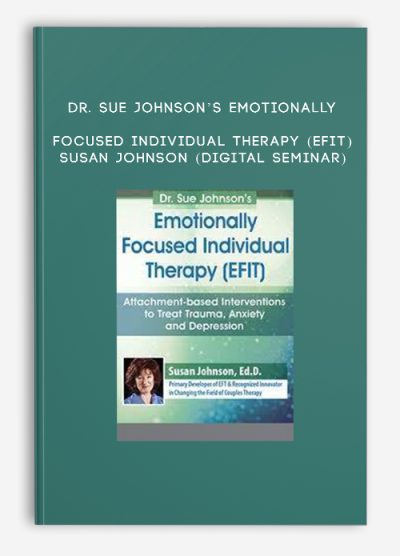
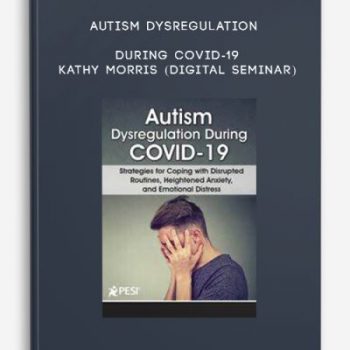
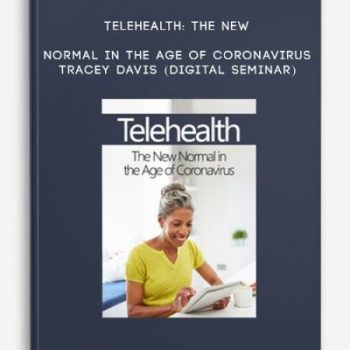
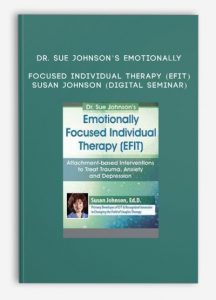
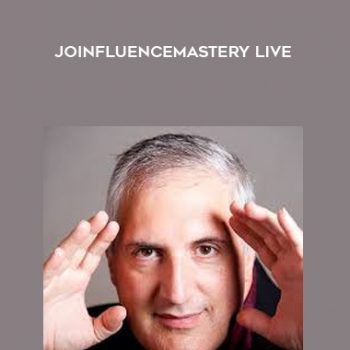





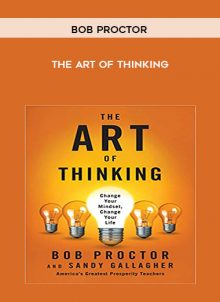
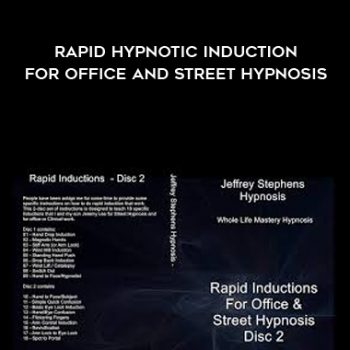
Lord –
This is Digital Download service, the course is available at Vincourse.com and Email download delivery.